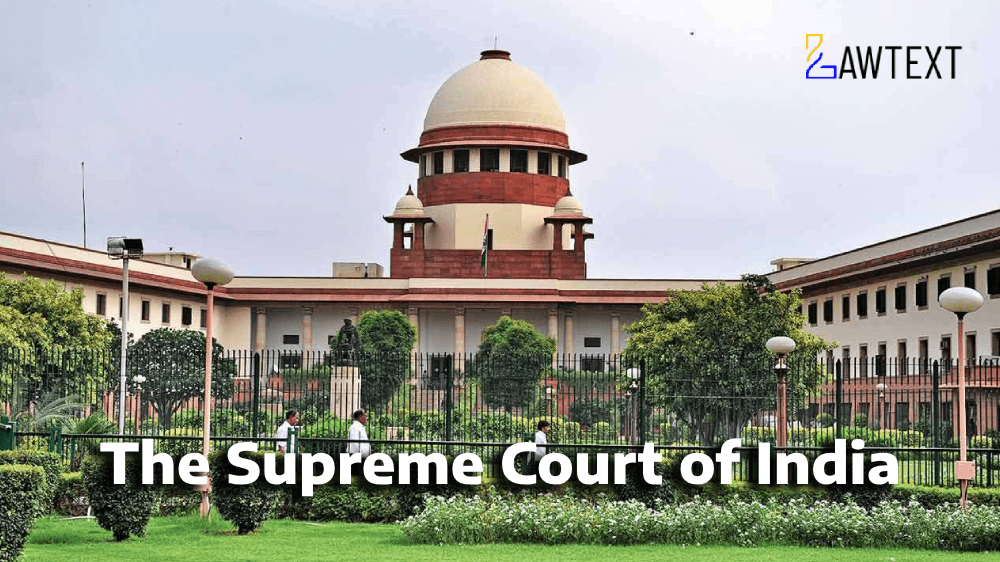Supreme Court Orders CBI Investigation in Suspicious Death Case. Ensuring Fairness and Transparency in the Investigation of a Judicial Officer's Wife's Death.

CASE NOTE & SUMMARY
The Supreme Court has directed the Central Bureau of Investigation (CBI) to conduct a thorough and impartial investigation into the death of Ranjana Diwan, the wife of a senior judicial officer. The Court's decision overturns the High Court of Chhattisgarh's dismissal of the appellants' writ petition, which sought a fair investigation into what they believe to be a suspicious death rather than a suicide. The Court's intervention aims to dispel doubts about the fairness of the local police investigation and ensure justice for the deceased.
1. Background and Context
- Date of Incident: May 12, 2016
- Deceased: Ranjana Diwan, wife of Respondent No. 7, a senior judicial officer.
- Initial Report: Death was reported as suicide by hanging with six ante-mortem injuries.
2. Key Events
- Post-Mortem Report: Indicated asphyxia due to hanging with six distinct ante-mortem injuries.
- Police Investigation: Initially treated as a suicide; closure report filed without registering an FIR against Respondent No. 7.
- Appellants' Allegations: Suspected undue influence by Respondent No. 7 in the investigation process, citing lack of transparency and justice.
3. Legal Actions Taken
- Writ Petition: Filed under Article 226 of the Constitution of India, seeking orders for a fair investigation, including the possibility of transferring the investigation to the CBI.
- High Court Decision: Dismissed the petition, suggesting that appellants should approach a Magistrate under Section 156(3) of the CrPC.
4. Supreme Court Decision
- Order: Directed the CBI to conduct a complete and fair investigation into the case, overriding the High Court's decision.
- Reasoning: The Court noted the need for an independent investigation to address allegations of bias and influence by a senior judicial officer.
Acts and Sections Discussed
**1. Code of Criminal Procedure (CrPC)
- Section 174: Deals with the investigation of suicide or unnatural deaths.
- Section 156(3): Allows a Magistrate to order the police to investigate a cognizable offense.
**2. Constitution of India
- Article 226: Grants the High Court power to issue writs for enforcement of fundamental rights.
Ratio Decidendi
**1. Judicial Precedents
- State of West Bengal v. Committee for Protection of Democratic Rights: The Court can direct a CBI investigation when necessary to ensure justice and maintain public confidence in the investigation process.
- Bharati Tamang v. Union of India: Emphasized the importance of a fair investigation and accountability of the investigative agencies.
2. Principle
- Independence of Investigation: The need for a fair and unbiased investigation in cases involving high-ranking individuals to ensure justice and maintain public trust in the legal system.
- Preventing Misuse of Influence: Ensuring that no undue influence affects the investigation process, particularly when allegations of bias exist.
ISSUE OF CONSIDERATION
MANDAKINI DIWAN AND ANR. VERSUS THE HIGH COURT OF CHHATTISGARH & ORS.
Citation: 2024 LawText (SC) (9) 65
Case Number: CRIMINAL APPEAL NO………………….OF 2024 (ARISING OUT OF SLP(CRL.) NO.12649 OF 2023)
Date of Decision: 2024-09-06
Case Title: MANDAKINI DIWAN AND ANR. VERSUS THE HIGH COURT OF CHHATTISGARH & ORS.
Before Judge: (VIKRAM NATH J. , PRASANNA BHALACHANDRA VARALE J.)
Appellant: MANDAKINI DIWAN AND ANR.
Respondent: THE HIGH COURT OF CHHATTISGARH & ORS.

